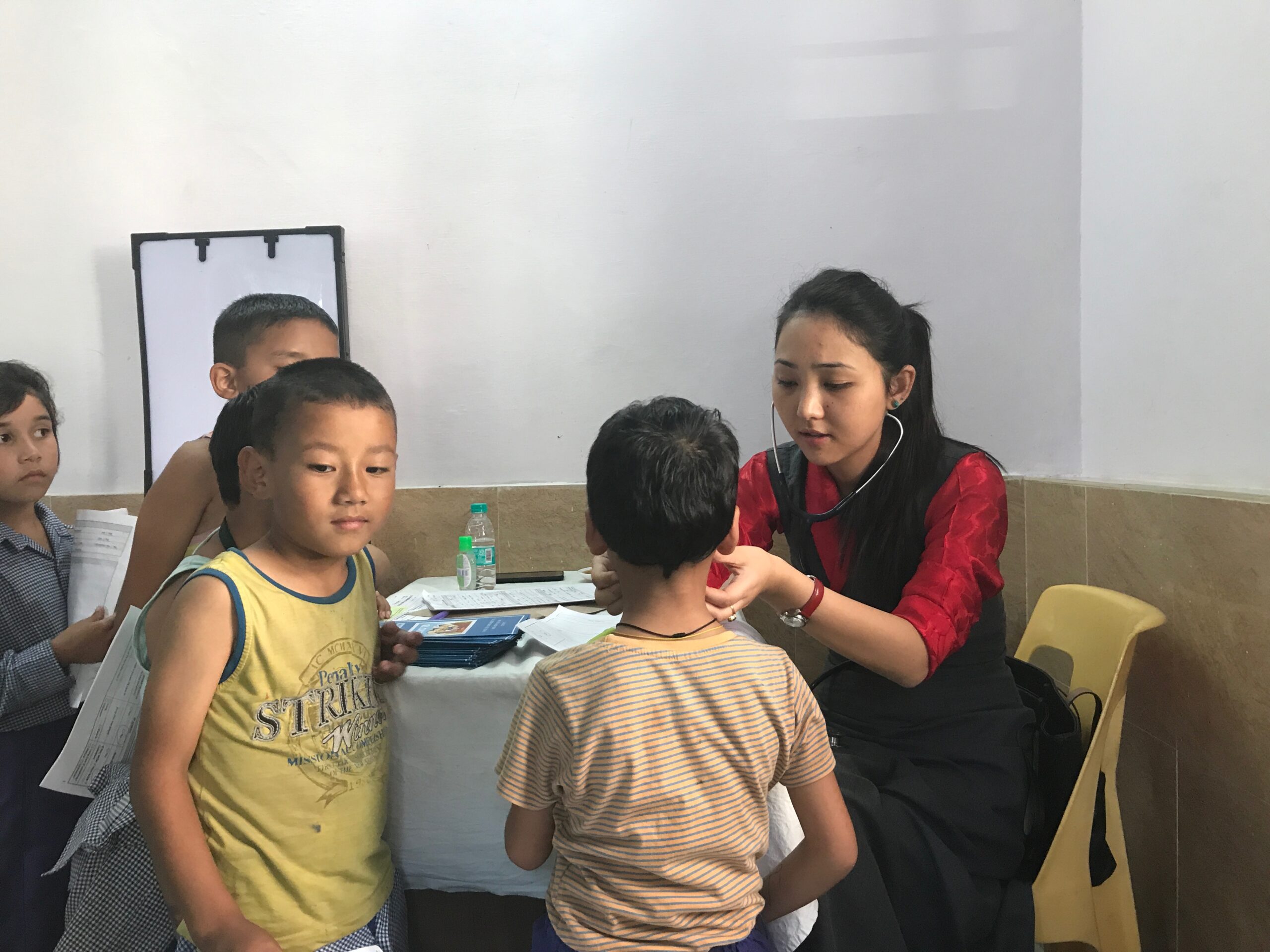No initiatives to mention.
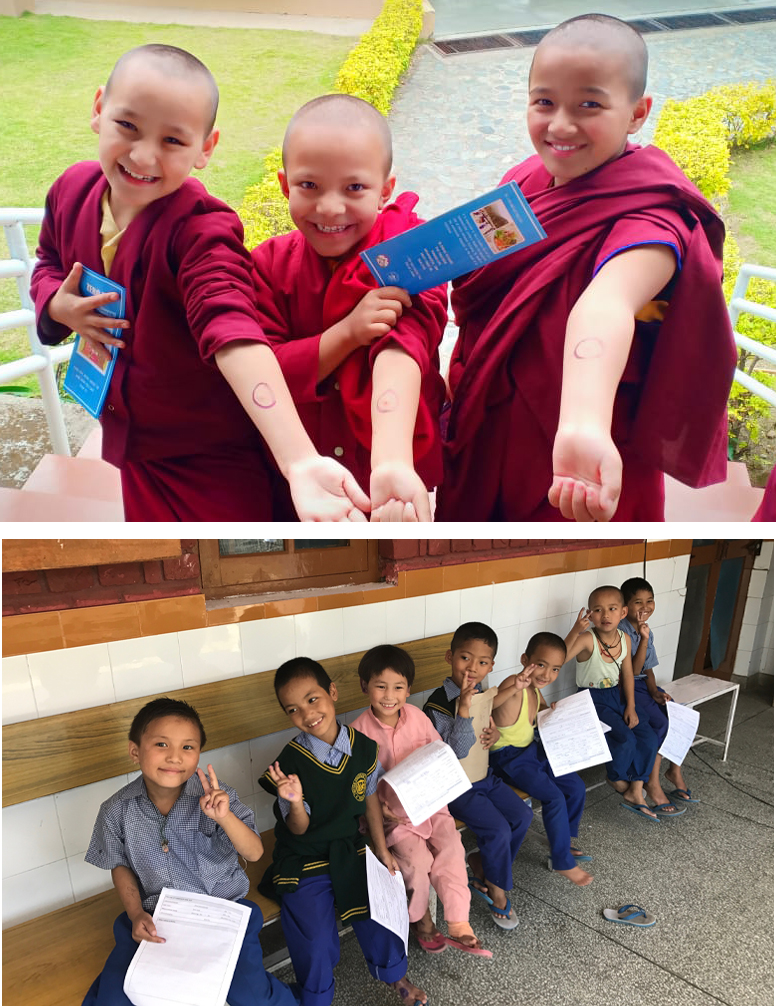
About Zero TB in Kids (ZTB)
ZTB is a global health initiative of Johns Hopkins University and collaborators globally. Since 2017, ZTB has screened >30,000 children, adolescents, staff, and recent contacts for TB in congregate settings across South Asia – including monasteries, boarding schools, and refugee settlements – and offered treatment to all who test positive. Its comprehensive approach has led to 80% reduction in TB cases among Tibetan refugee children in India. Our work is published in several peer-reviewed publications, and strives for a holistic child centered approach addressing education, Hepatitis B, and more.
Our team is grateful to be supported by philanthropic donations, foundations, and grants from the National Institutes of Health and United Nations Stop TB Partnership, among others. If you would like more information about supporting our work, please contact Kara Hurley, Senior Associate Director of Development, at 440-732-6470 or [email protected].
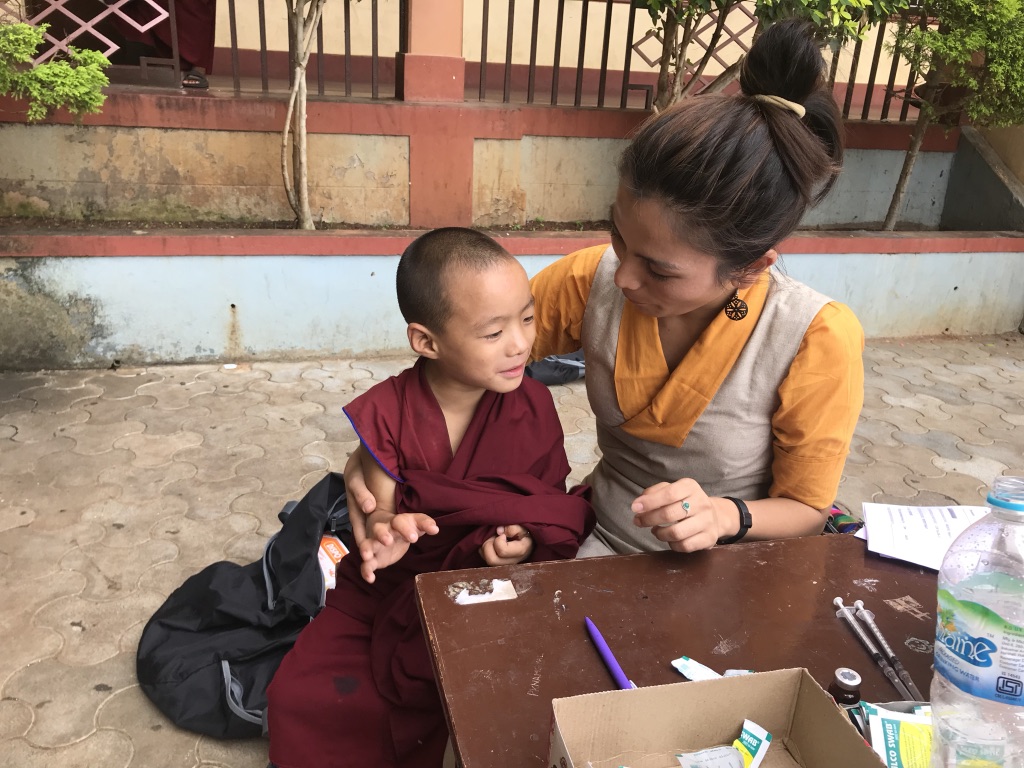
Guiding Principle - Love and Compassion
ZTB is founded upon the core human values of love and compassion, and social values of joy and inclusion, driven by the principle of universal responsibility that recognizes poverty alleviation and disease prevention as basic conditions to support human prosperity and dignity. ZTB is a holistic child centric program that encompasses improving children's education as well as health to help them grow in responsible, compassionate and productive citizens of the world.
Learn More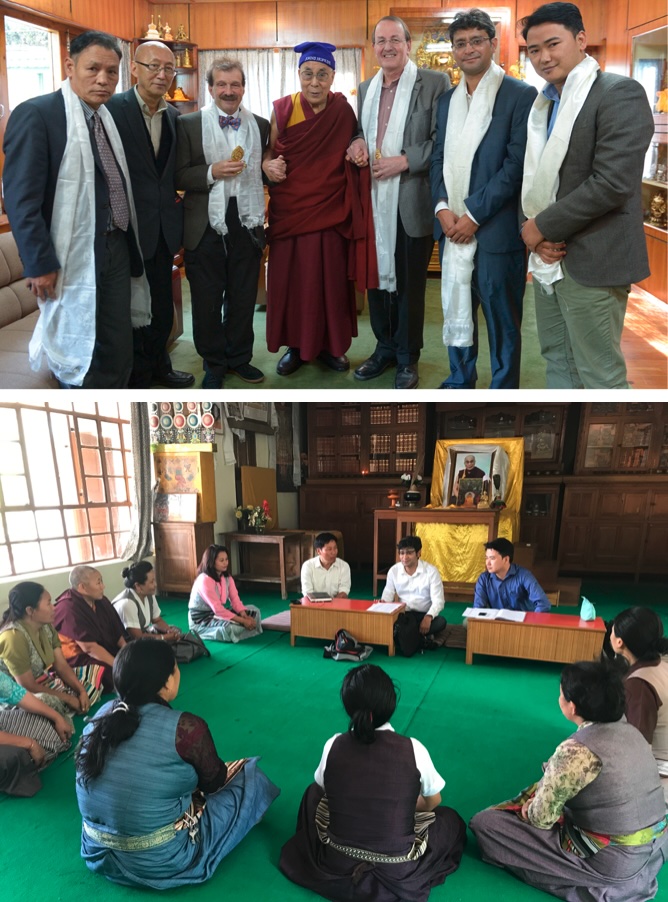
Community mobilization
ZTB employs a community centered approach to understand the distinct needs of the community and accordingly develop the programs for maximum impact. Dr. Dorjee said when the program was first developed, "I want the community to be a part of the program, and take ownership of the program". Spiritual and political leaders, school teachers, home mothers, students and parents were involved in the decision making at the design phase of the project. Schoolchildren participate in peer education to overcome social stigma on tuberculosis.
Learn More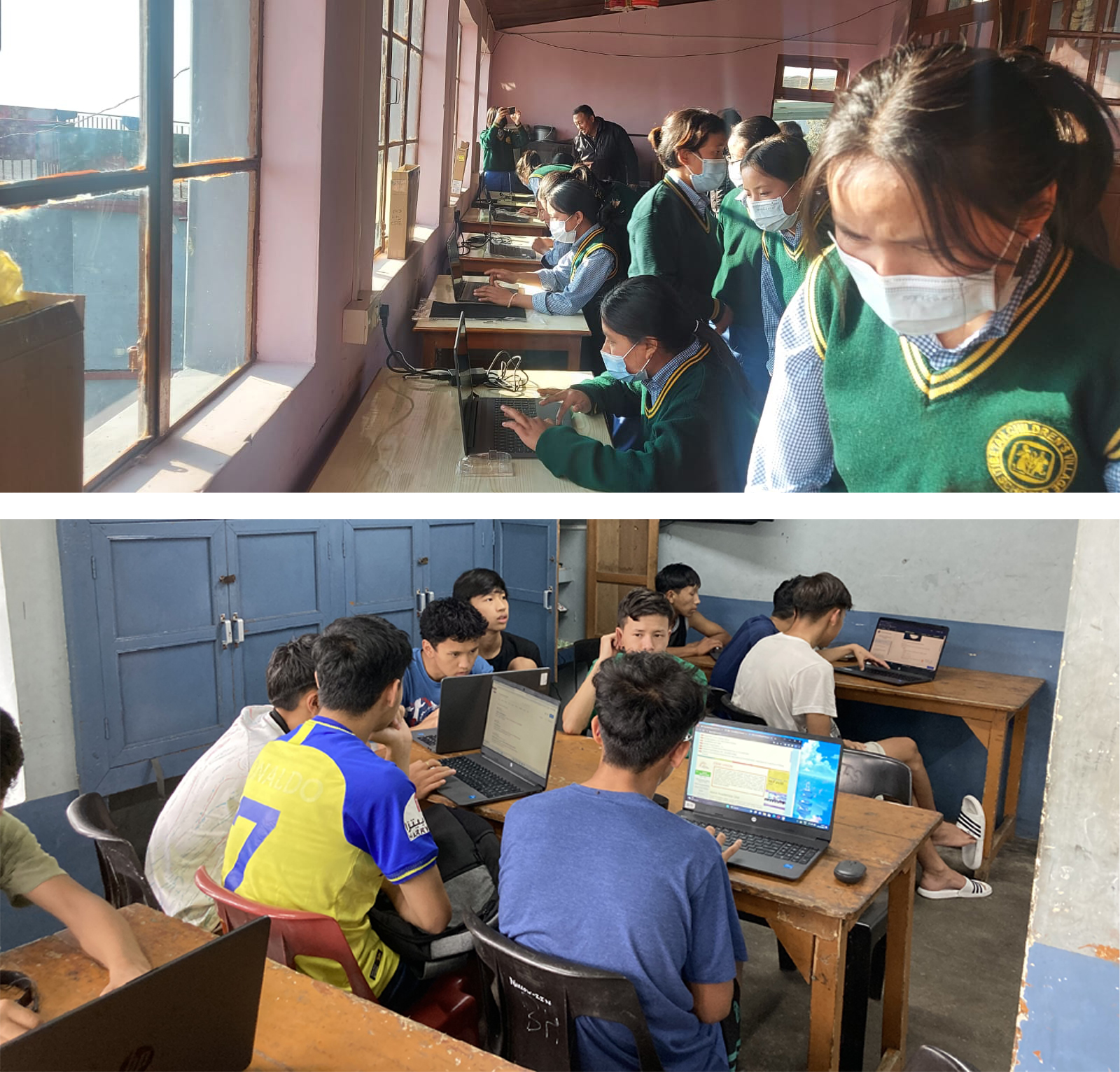
People Centered Approach
In a holistic child centric approach, ZTB developed Smart Kids Initiative to improve the education of children as well as the teaching experience of teachers. SKI was developed because of the dire need of digital learning resources during the pandemic the children. Hundreds of children in the Tibetan Children's Village schools are either orphans, semi-orphans, or from poor families with parents in far-flung regions including Tibet, Nepal, and Northeast of India. Education of the children has greatly suffered during pandemic. ZTB and SKI have provided digital learning resources including more than 100 computers to children and staff in the TCV schools. Children's learning experience and digital access were improved by providing laptops and internet facilities in class-rooms as well as at the dormitories which are homes for the children.
Learn More
